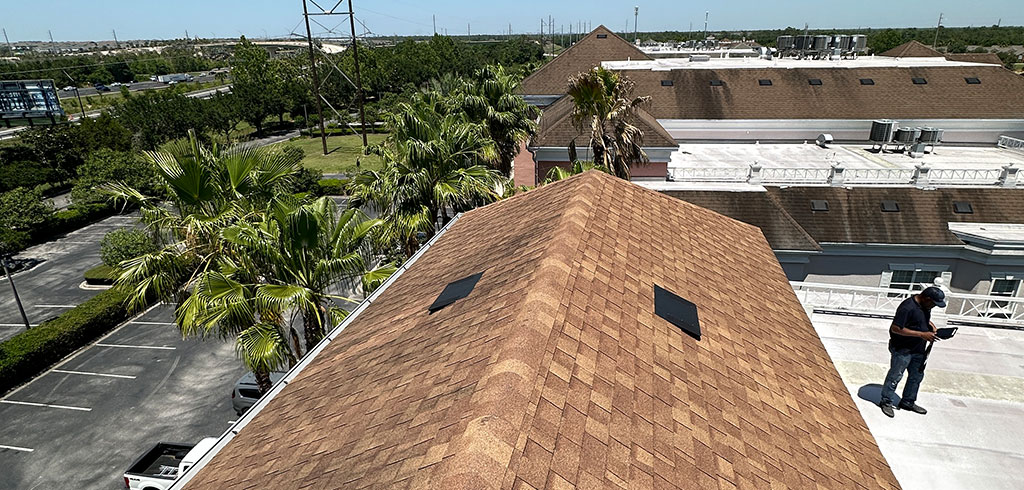Get To Know About Florida Condo Special Assessment Rules

Special assessments are a common occurrence in condominium communities, sometimes needed to cover unexpected expenses or fund major repairs and improvements. In Florida, condo associations must adhere to specific Florida condo special assessment rules and regulations. These govern the use of special assessments to provide for transparency and fairness for unit owners.
Basis in Florida Condo Special Assessment Rules
Florida’s condo laws provide the legal framework for condominium governance and operations, including the assessment of fees and special assessments. Chapter 718 of the Florida Statutes, also known as the Florida Condominium Act, outlines the rights and responsibilities of condo associations and unit owners regarding assessments, budgeting, and financial management.
Authority of Condo Associations
Condo associations have the authority to levy special assessments on unit owners to cover expenses not accounted for in the regular budget. These assessments may be necessary to fund repairs to common elements, address emergencies, or comply with regulatory requirements.
Condo associations must follow the procedures outlined in the association’s governing documents, including the declaration of condominium, bylaws, and rules and regulations when trying to enforce special assessments.
Disclosure Requirements
Florida condo laws require condo associations to provide unit owners with advance notice of proposed special assessments and the reasons for the assessments. The notice must include detailed information about the nature of the expenses, the amount of the assessment per unit, and the payment schedule.
Unit owners have the right to review and challenge the proposed special assessment, including requesting a meeting of the association’s board of directors to discuss the assessment.
Approval Process
The approval process for special assessments varies depending on the nature and magnitude of the assessment. In some cases, the association’s board of directors may have the authority to approve special assessments without unit owner approval, as long as the governing documents grant them this authority.
But for big assessments that exceed certain thresholds or require material alterations to the property, unit owner approval may be necessary. Florida condo laws specify the voting requirements and procedures for obtaining unit owner approval for special assessments.
Payment Obligations
Once a special assessment has been approved, unit owners are usually required to pay their share of the assessment according to the payment schedule established by the association. Failure to pay a special assessment can result in penalties, late fees, and legal action by the association to enforce payment.
Unit owners should review their association’s governing documents to understand their payment obligations and rights regarding special assessments.
Impact on HOA Budget Management
Special assessments can have an impact on HOA budget management and financial planning. While they provide necessary funding for unexpected expenses, they can also strain unit owners’ finances and lead to dissatisfaction within the community.
Effective budget management and reserve planning are necessary for minimizing the need for special assessments and providing for the financial stability of the association.
Dealing With Florida Condo Special Assessments
Facing a special assessment for your Florida condo can be frustrating. Stone Building Solutions provides complete services, including Reserve Studies and Insurance Recovery, to help you manage these financial challenges.
With over 20 years of experience and expertise in commercial and condominium engineering, we guide you through the assessment process, providing transparency and fairness. Our unique one-stop solution saves you time and money.
Let us assist you in dealing with special assessments—call 407-663-5312 or email us at info@stonebldg.com for expert advice.
